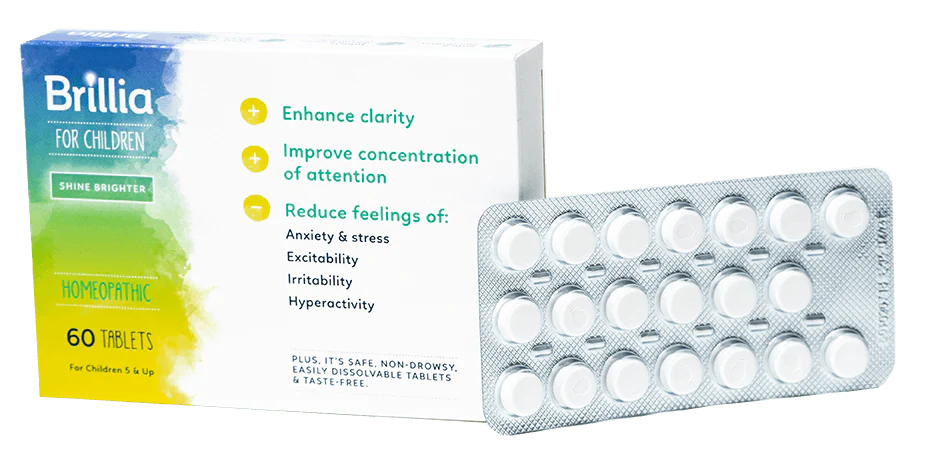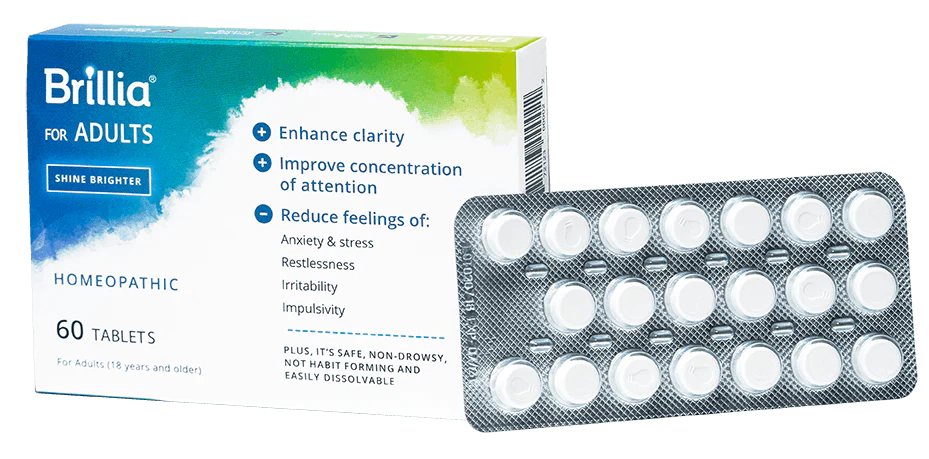If you’ve ever worried that you might be “found out” as a phony or a fraud, then you’ve dealt with the uncomfortable experience of imposter syndrome. It is often associated with social anxiety, a chronic mental health condition in which social interactions cause irrational anxiety, though imposter syndrome can also affect people who are usually non-anxious.
Find out what causes imposter syndrome, how to tell it apart from social anxiety, and lastly how to decrease symptoms.
What is Imposter Syndrome?
Imposter syndrome describes the experience of believing you are not as competent as others perceive you to be. This may refer to your intelligence, skill set, or achievements. You may feel pressured to perform perfectly so that others will not find you out, leading you to feel temporarily anxious and distressed. Even if there’s proof of your knowledge or achievement, if you’re a person with imposter syndrome you may feel that you only got to this point because of luck, not competence.
Though the syndrome was once associated with marginalized groups and women, researchers have found that it can affect anyone regardless of their background, social status, ethnicity, education, or expertise.1 And given the strong impact of social media on our lives, imposter syndrome is made more acute by encouraging us to present only our “best” selves rather than the less glamorous, more accurate reality.2
Signs of imposter syndrome include:
- Feelings of inadequacy
- Negative self-talk
- Perfectionism
- Fear of not living up to expectations
- Comparing yourself to others
- Attributing your success to external factors
- Sabotaging your success
- Dwelling on the past
- Anxiety
To find out how imposter syndrome relates to social anxiety, check out the True/False statements below:
True or False: Imposter Syndrome Causes Social Anxiety
False
While there is some evidence that imposter syndrome can predict anxiety, people who have social anxiety may feel anxious in social settings whether they feel like an imposter or not.3 Simply being in the social setting is enough of a trigger. While individuals struggling with social anxiety have an irrational fear of being negatively judged by others, they don’t often share the fear of being “exposed” as phony or a fraud, which is a key feature of imposter syndrome. Social anxiety can be caused by a number of factors that do not include imposter syndrome, such as childhood trauma, maternal stress during pregnancy, learned behavior, and physical traits that draw attention to the individual.
True or False: There are Few Similarities Between Imposter Syndrome & Social Anxiety
False
While they are not the same thing, imposter syndrome and social anxiety do share many similarities. Both experiences can produce feelings of low self-worth and inadequacy. A person with imposter syndrome or social anxiety may berate themselves often and feel a distrust in their capabilities due to low confidence. Experts also say that imposter syndrome and social anxiety can cause the brain to secrete norepinephrine and epinephrine, the two hormones behind the “fight or flight” response that puts the body into a state of stress.4, 5
Shine Brighter
True or False: There are Few Differences Between Imposter Syndrome & Social Anxiety
False
Just as there are many similarities between imposter syndrome and social anxiety, there are just as many differences. A person with social anxiety may avoid triggering situations while a person with imposter syndrome may try hard to prove themselves, tending to overachieve. While normal everyday situations can cause a person to feel socially anxious like talking on the phone, eating in public, or asking somebody for directions, people with imposter syndrome feel triggered in specific situations where their competency or intelligence may be exposed as fraudulent. Social anxiety disorder is a diagnosable condition, while imposter syndrome is not.
True or False: Breaking the Imposter Syndrome Cycle is Very Difficult
False
Though there is no “official” treatment plan outlined for imposter syndrome, there are a number of steps a person can take to overcome the experience and feel more confident. The American Psychological Association suggests talking to mentors to see how they overcame their own inadequacies, talking to therapists who can help you reframe your negative thinking, and reminding yourself of your expertise and accomplishments to feel less like a fraud.6 Letting go of perfectionism is another tactic that takes time and persistence, but it can be helped by setting limits on how many times you revise a document and setting realistic goals for yourself instead of setting yourself up for failure.
If your imposter syndrome causes temporary anxiety, taking steps before triggering events can help you get on top of the anxiety before it is provoked. This includes eating healthy foods that won’t send you into a sugar crash, getting enough regular sleep, and practicing mindfulness techniques you can use in times of stress. It may also be helpful to avoid social media or other platforms that may cause you to compare yourself to others.
If you find that you need more support, taking a homeopathic medication like Brillia can help, especially if you only experience anxiety sporadically and don’t want to take a long-term anti-anxiety medication with numerous side effects. Brillia is a non-prescription medication that does not contain any harsh, synthetic chemicals or cause harmful side effects. Gentle, impactful, and highly targeted, Brillia helps to reduce feelings of anxiety and stress without altering blood chemistry or inducing drowsiness or lethargy. While anti-anxiety medications may make you feel groggy afterwards or cause withdrawal effects, Brillia can be started or stopped at any time without any residual effects. By zeroing in on the brain-specific S100B protein, which plays a crucial role in many different intracellular and extracellular brain processes, Brillia also helps to regulate the mood by normalizing the level of monoamines (dopamine, norepinephrine, serotonin) in different parts of the brain.
How to Decrease Social Anxiety Symptoms
In addition to cognitive therapy, which gradually exposes the anxious person to social situations until they are less triggering, people with social anxiety can also take Brillia for relief. If you are already taking medication for your social anxiety, Brillia can be added to your regimen in lieu of increasing dosage because there are no contraindications with other medications or supplements. Healthy lifestyle habits also play a role in reducing social anxiety and are known to maximize Brillia’s success as outlined in our Five-Pillar methodology.
Find out more about how Brillia works and explore more resources on reducing anxiety at the Brillia(nce) Resource Center.
Get a whole bunch of support right in your inbox.







